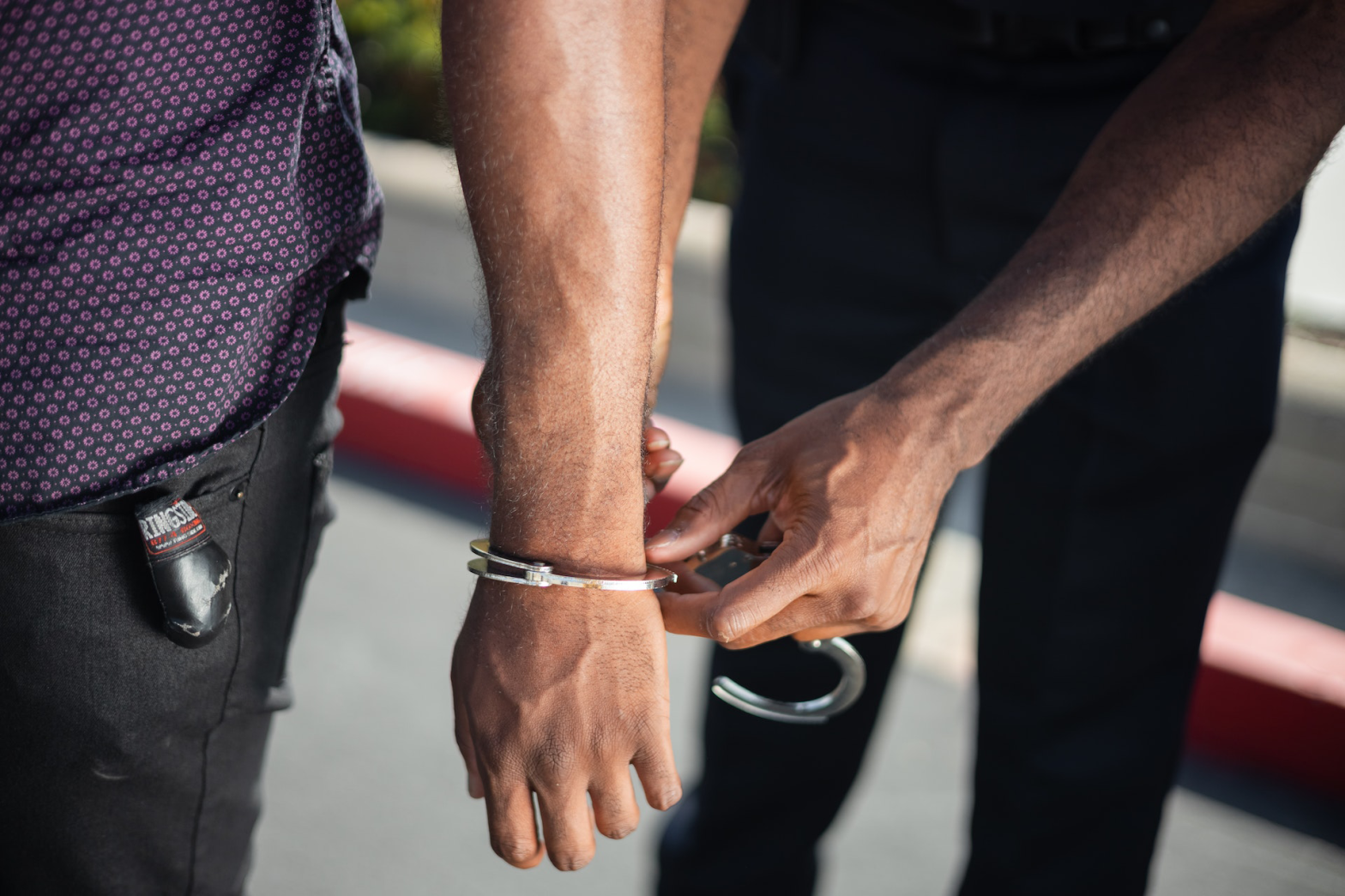A Guide To What Happens When You Are Arrested

Being arrested is a daunting and potentially life-altering experience. It is essential to understand your rights, the legal process, and what to expect if you find yourself in this situation. Our comprehensive guide provides the answers to many frequently asked questions regarding arrest in England and Wales.
What are the grounds for arrest?
The police can arrest you if they have reasonable grounds to suspect that you have committed a crime or are about to commit one. They can also arrest you to prevent further harm, to establish your identity, or to prevent you from disappearing before a court appearance.
For an arrest to be lawful, two things must be satisfied:
- There must be a power of arrest; and
- The arrest must be conducted in a lawful manner.
Should either of these requirement’s not be satisfied, the arrest may be deemed unlawful under art.5 of the European Convention on Human Rights.
What happens in the first moments of being arrested by the police?
Upon arrest, the arresting officer will ask for your name and address. It is essential to provide this information as failing to do so can result in additional charges. However, aside from providing your name and address, you do have several important rights, including the right to remain silent and not incriminate yourself, the right to legal representation, and the right to have someone informed of your arrest.
As soon as practicable, you will be transported to a police station. It is likely you will be handcuffed and placed in a police vehicle. At the station, a Custody Officer will be assigned to you. They are responsible for you during your time at the police station and will open a custody record and read you your legal rights. You may be searched, and your belongings confiscated.
You will be placed in a detention cell, which may be a disturbing experience; however, the police must ensure your basic needs, such as being provided with food, something to drink, and any essential medications, are met.
The Custody Officer will examine the evidence obtained from the arresting officer and decide whether it is sufficient to charge you with the offence that led to your arrest. If you are charged, you may be released on bail to appear before the Magistrates’ Court or remanded in police custody until you can be brought before the Magistrates’ Court.
If the police do not have enough evidence to charge you but want to continue their investigations, you may be released on pre-charge bail.
What is pre-charge bail?
If you are released from custody on pre-charge bail, the police can attach certain conditions, for example, you may be required to report to the police station every day or once per week and/or not have any contact with any potential witnesses. These conditions ensure that the police can manage suspects that may pose a danger to the public or attempt to hamper ongoing investigations.
Pre-charge bail can be set for three months initially and can be extended by another three months (totalling six months) by an Inspector. After six months, bail can be extended by a further three months (totalling nine months) by a Superintendent. After nine months, further bail extensions must be authorised by a Magistrates’ Court.
What is a police interview?
During your time in custody, you will likely be interviewed under caution by the police. It is crucial that you have an experienced Criminal Defence Solicitor by your side.
Paragraph 6D of the Notes for Guidance to PACE Code C states:
“The solicitor’s only role in the police station is to protect and advance the legal rights of their client. On occasions this may require the solicitor to give advice which has the effect of the client avoiding giving evidence which strengthens a prosecution case.”
Your Solicitor will ensure you do not say anything to incriminate yourself. Remember, one of the purposes of a police interview is to gather evidence against you and elicit information which may lead to further lines of inquiry. Even if you know you are innocent, you must have a Solicitor present to protect you best interests.
Wrapping up
Being arrested is a serious and complex process with significant legal implications. Understanding your rights, the steps involved, and the potential consequences is crucial if you find yourself in this situation. It is advisable to seek legal advice and representation at every stage of the process to ensure that your rights are protected and that you receive a fair and just outcome.
Please call us on 02476 231000 or email enquiries@askewslegal.co to make an appointment.
Please note: this article does not constitute legal advice.









